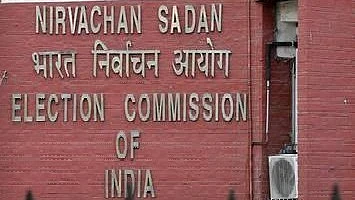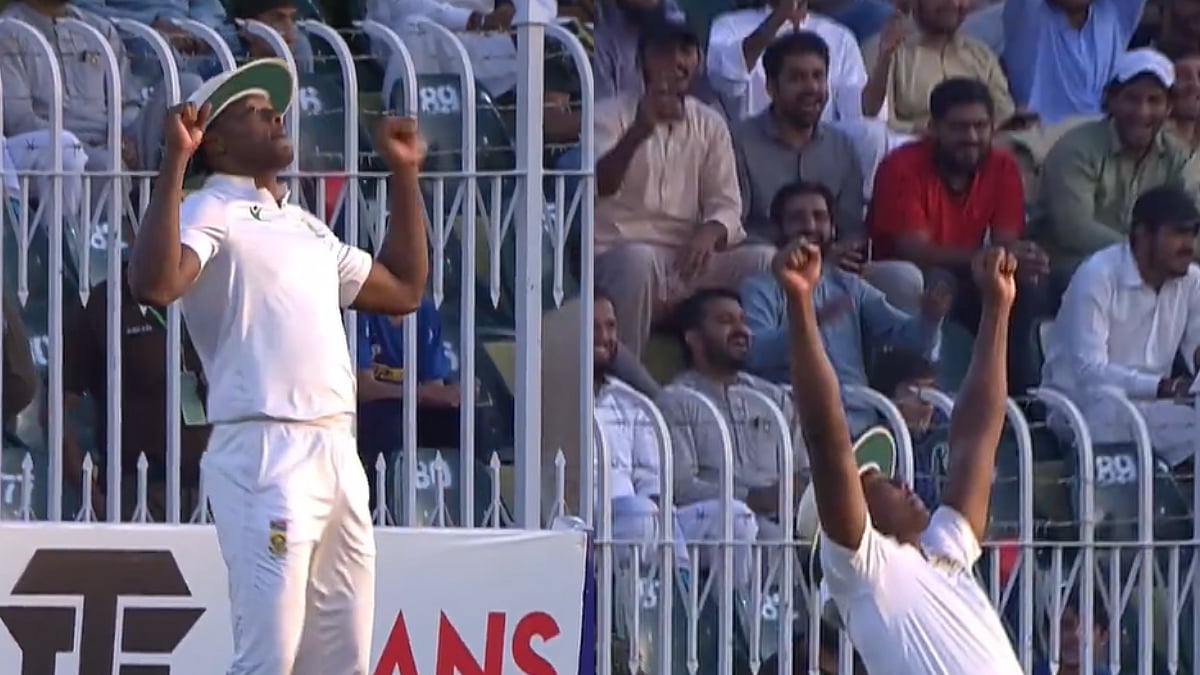Bengaluru: In a major verdict, the Karnataka High Court Tuesday ruled that hijab does not form a part of the essential religious practice in Islam.
The verdict has come as a huge setback to the students who had challenged the ban on wearing of hijabs in schools in the state. The students indicated that they would appeal against the verdict soon.
A full bench headed by Chief Justice Ritu Raj Awasthi and comprising Justices JM Khazi and Krishna S Dixit, said that rules on wearing uniforms framed by the College Development Committees (CDC) and the School Development and Management Committees school were reasonable and that the students cannot object to the same. All the petitions regarding this were dismissed by the court.
Dealing with all the submissions made by the petitioners, the Karnataka HC raised three questions and answered them accordingly:
Q.1 Whether wearing hijab is part of essential religious practice under Islam?
Ans: Wearing Hijab does not form part of essential religious practice.
Q.2 Whether prescription of school uniform is legally permissible, keeping in mind the fundamental rights of the petitioners?
Ans: The restriction on wearing uniforms is a reasonable restriction that the students cannot object to.
Q.3 Whether the Govt order dated Feb 5 was done without application of mind and is arbitrary?
Ans: No case is made for the invalidation of the Govt order dated February 5.
The hijab controversy in the state began in Karnataka in December-end last year when a few students wearing the hijab were barred from a government pre-university college in Udupi. On January 1, six girl students of a college in Udupi attended a press conference held by the Muslim-dominated Campus Front of India (CFI) against the college authorities denying them entry into classrooms wearing hijab.
To counter this, some Hindu students in colleges started wearing saffron scarves. The saffron protests soon spread to other parts of the state. The Karnataka government then banned both hijabs and saffron scarves, and said that till an expert committee decides on the issue, all students must adhere to the uniform. After this order, pleas were filed in the High Court against the ban on hijabs in classrooms.
During the hearing, the full bench hearing the case issued an interim order restraining students from wearing any kind of religious clothing, be it a headscarf or saffron shawls, to high schools and colleges, till the case is being heard in court. The High Court said that this was being done to maintain law and order and added that the order would apply only to those institutions which have a dress code that disallows the hijab.
During the hearing, the petitioner counsels maintained that the government order banning the hijab does not have any legal standing. The petitioners submitted that the hijab is an essential religious practice, and so the order banning it violated their fundamental right to practise of religion, and denied them right to education.
Countering this, Advocate General Prabhuling Navadgi, representing the State, argued that the government has no role in taking decisions on wearing of hijab, and it is left to the discretion of the College Development Committees (CDC) and the School Development and Management Committees. He also argued that wearing of hijab is not an essential practice under Islam and the government has the authority to take decisions when it comes to public order, health, and morality.
In the midst of the arguments, the High Court sought to know the details of the Campus Front of India and its role in raking up the issue. The government submitted intelligence inputs on the CFI and other organisations.







.png)



